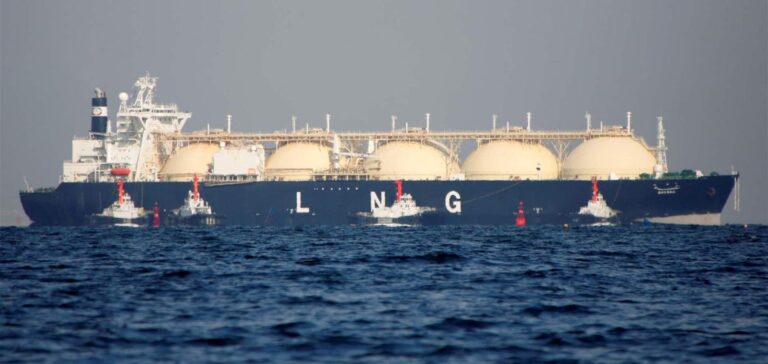Kuwait, faced with growing demand for electricity, is negotiating with Qatar Energy to secure a new 15-year liquefied natural gas (LNG) supply contract.
The deal, aimed at doubling current imports to 6 million metric tons per annum (mtpa), comes as the country seeks to stabilize its power grid, which is particularly strained during periods of extreme heat.
The current 15-year contract signed in 2020 with Qatar, for 3 mtpa, is insufficient to meet future energy needs.
This new negotiation will enable Kuwait to strengthen its energy security while avoiding service interruptions that could occur in the event of excessive demand.
Qatar Energy: An expansion strategy aligned with regional needs
Qatar Energy, a major player in the LNG market, is pursuing an ambitious expansion strategy.
The North Field project, key to this expansion, should enable Qatar to increase its annual production from 77 million tonnes to 142 million tonnes by 2030.
This partnership with Kuwait is a crucial step in this dynamic, consolidating Qatar’s position as the region’s leading LNG supplier.
For Kuwait, this new agreement is more than just an acquisition of energy resources.
It is a central element in its strategy to diversify its sources of energy supply, in the face of local infrastructures that are sometimes insufficient to meet growing demand.
Regional implications and challenges for the energy market
This pending agreement could have a significant impact on the entire Gulf energy market.
Securing LNG supplies has become a priority for countries in the region, which are facing growing energy challenges.
By strengthening its ties with Qatar Energy, Kuwait is not only ensuring the stability of its power grid, but also participating in a regional dynamic where energy partnerships are essential.
The collaboration between Kuwait and Qatar could serve as a model for other countries in the region, demonstrating the importance of long-term strategic planning to meet future energy needs.
In addition, this agreement underlines Qatar’s central role in global LNG supply, particularly in an energy-intensive region such as the Gulf.






















